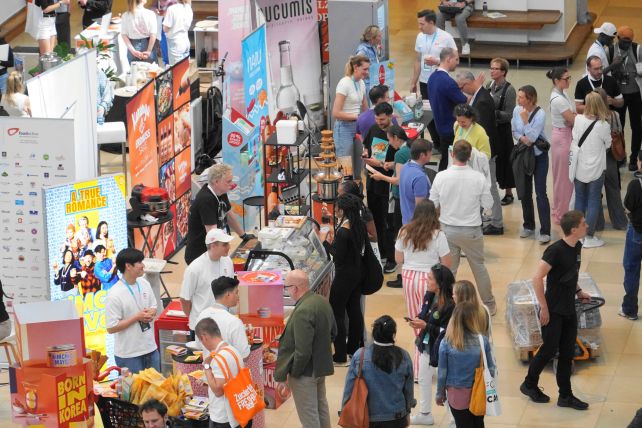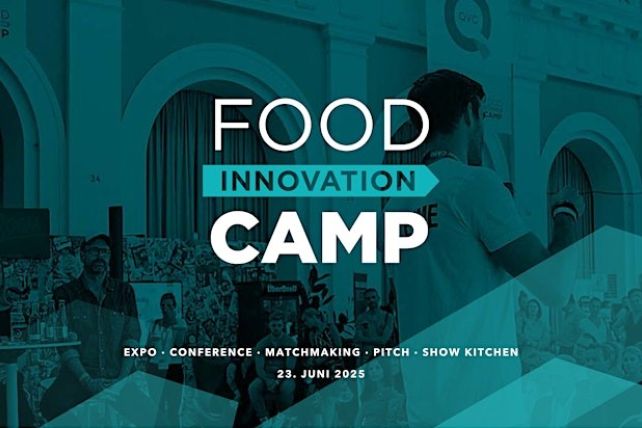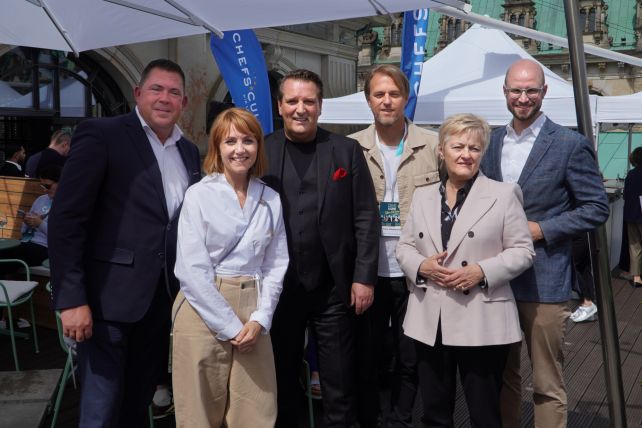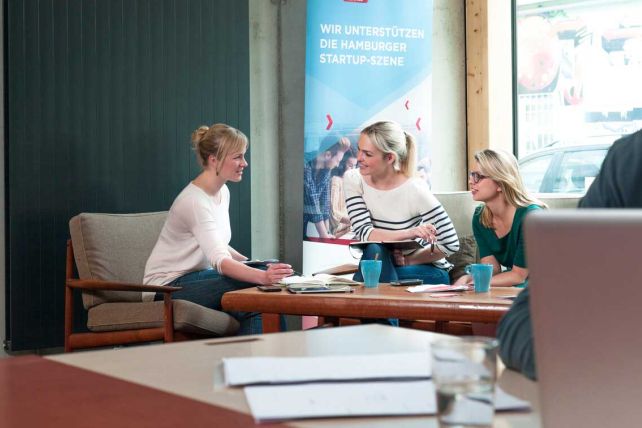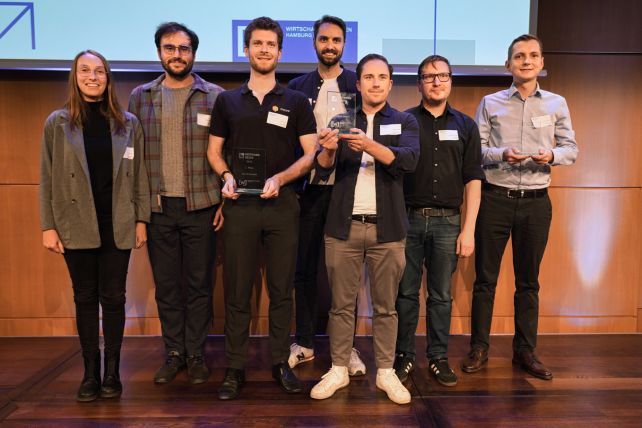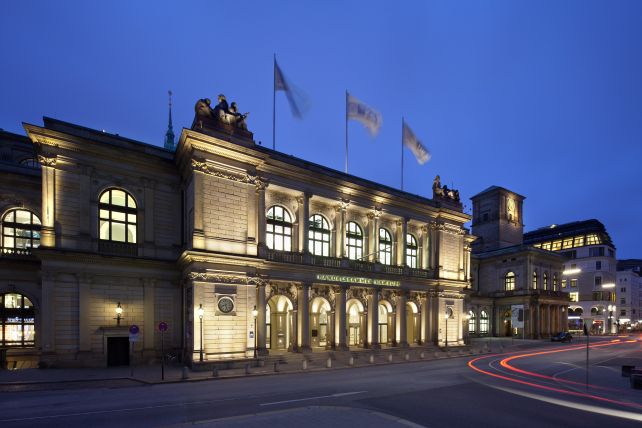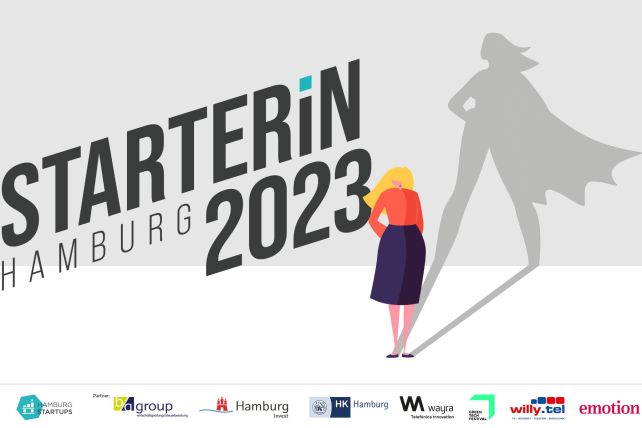Well over 1,000 visitors, more than 90 exhibitors, a conference program with prominent participants such as politician Renate Künast and TV chef Christian Rach - the Food Innovation Camp (FIC) at the Hamburg Chamber of Commerce once again proved to be a summit of the food industry. One of the main topics at what is now the fifth edition was the nutrition transition and what role startups can play in it.

Vegan nutrition for the good of the planet
Vegan alternatives to meat, fish and dairy products have long since ceased to lead a niche existence. If the exhibitor list at Food Innovation Camp 2023 is anything to go by, this trend will continue to grow, with many startups focusing on substitute products made from plants. One example is Vegan Zeastar, a company from the Netherlands that won a pitch competition with nearly 40 participants with products inspired by seafood.
Vegan foods make an important contribution to the Planetary Health Diet, a nutrition plan that strengthens health and takes into account criteria such as sustainability, climate protection and social justice. In Hamburg, the startups Mushlabs with meat substitutes made from mushroom mycelium and Bluu Seafood with cultured fish could take a leading position here in the future. A small-scale tasting took place at the FIC; the products are not yet ready for the market in the EU.

A food cluster is emerging in Hamburg
A number of institutions and organisations are ensuring that Hamburg can continue to grow as a food location. Some of them presented their ideas at a workshop. One of them was Dr. Annika Schröder, managing director of foodactive e.V., the association that is expected to be charged with forming the new food cluster in Hamburg. This is to represent the interests of the food industry and build bridges between business, science and politics.


